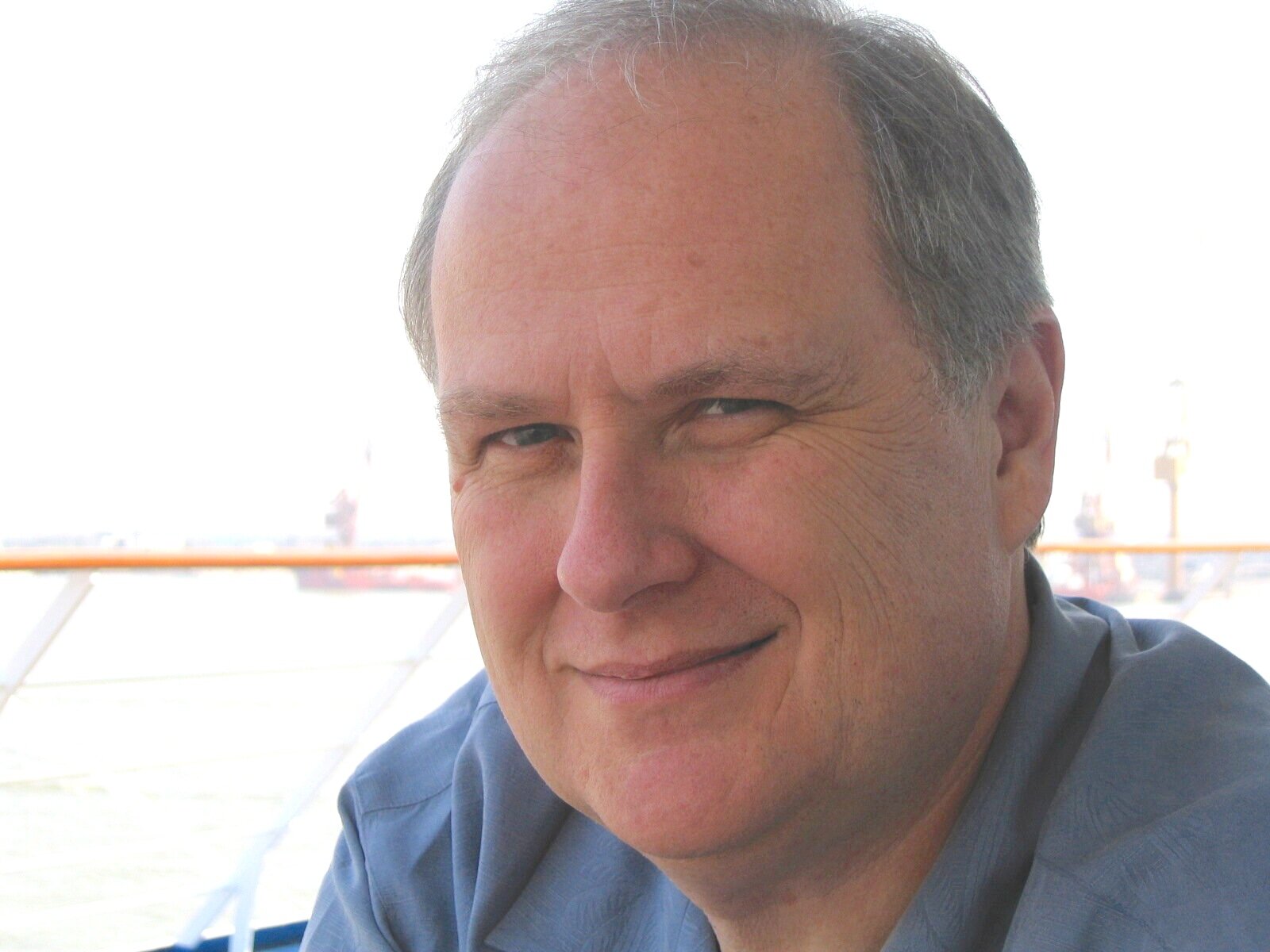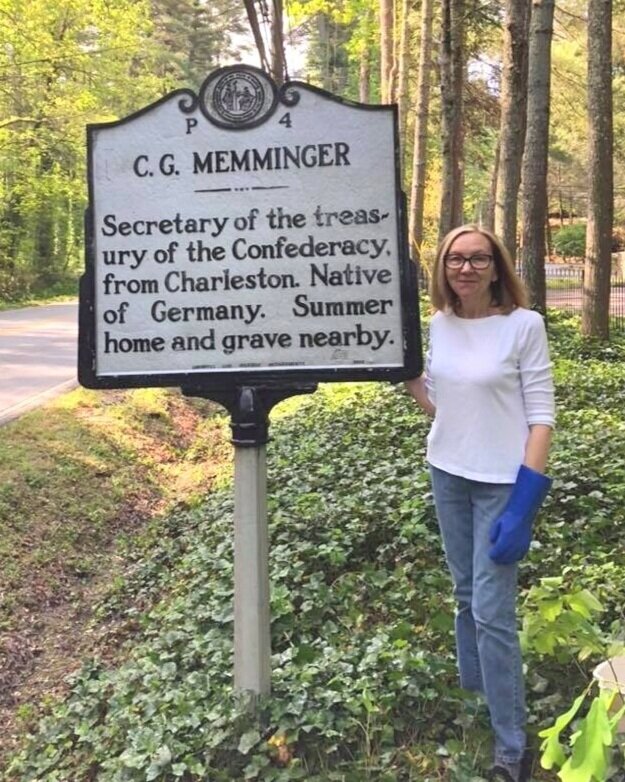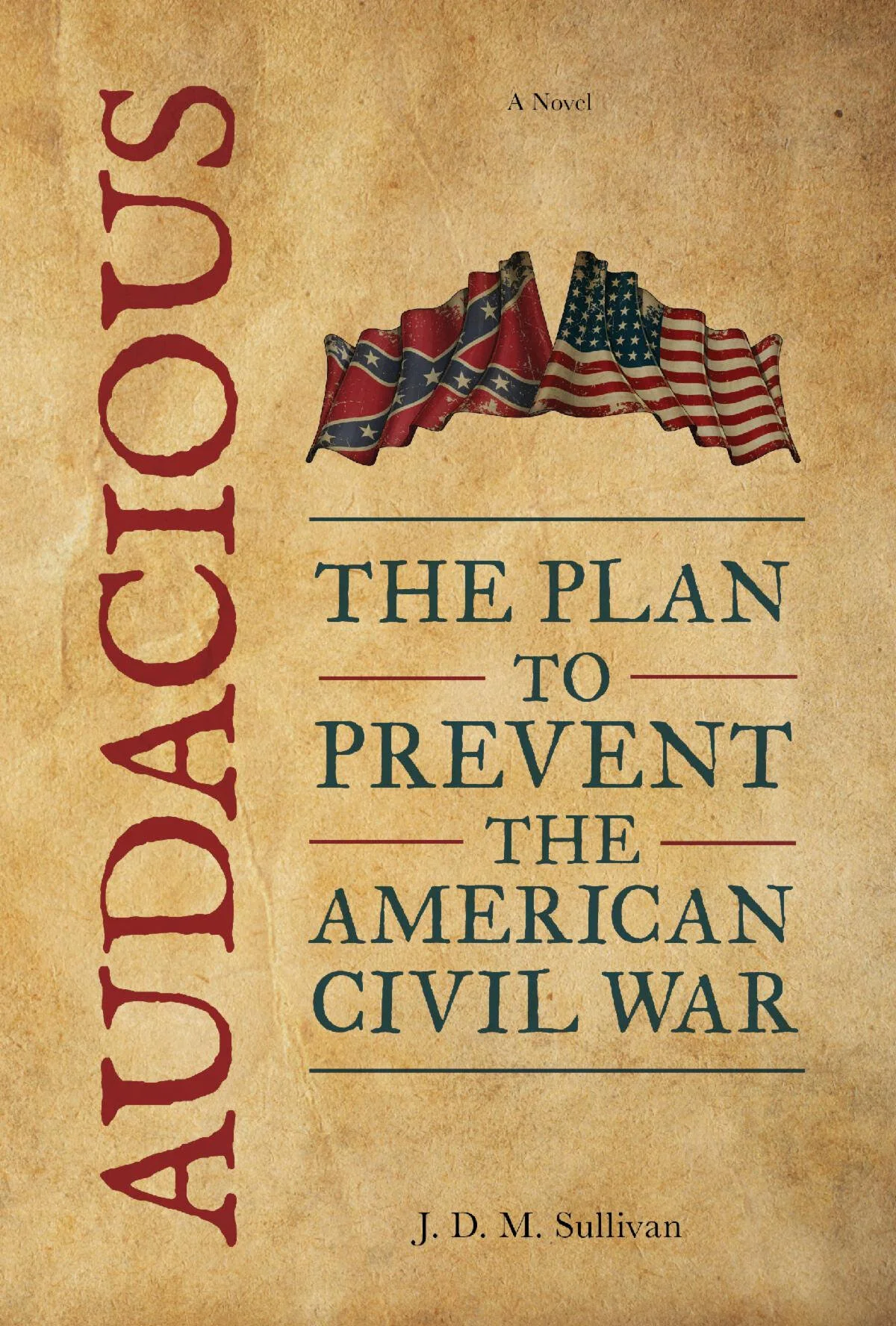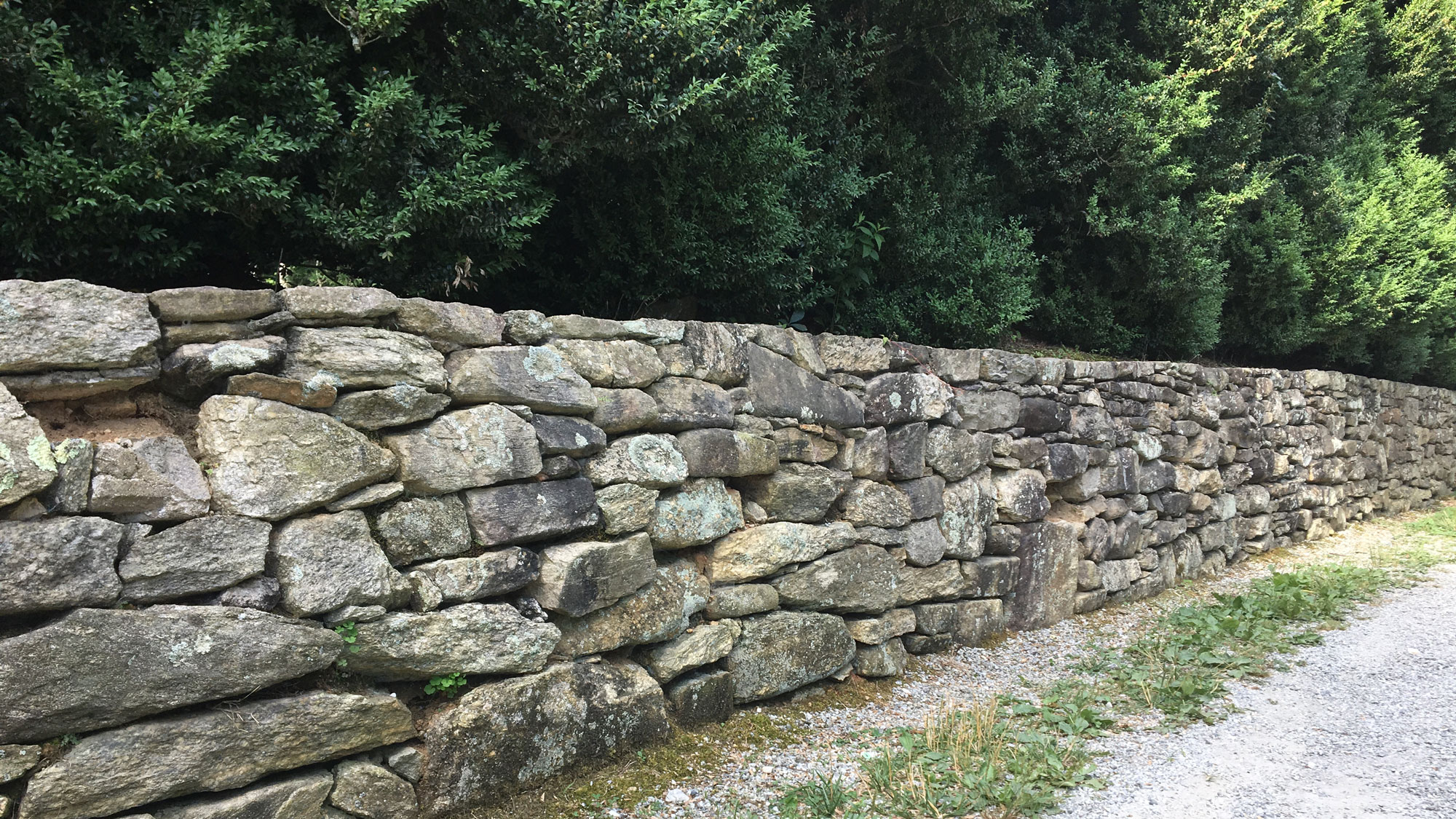An Audacious Idea
/David Sullivan
The question posed by local resident David Sullivan’s new book is both thought-provoking and audacious. Could the Civil War have been avoided if cooler, more rational minds had prevailed in the months leading up to the first shots being fired on Fort Sumter?
Sullivan’s book, aptly named “Audacious”, is set in part in Flat Rock and Henderson County and incorporates a host of famous local figures in the story. Christopher Memminger, Secretary of the Treasury for the Confederate States, in particular, plays a prominent role in Sullivan’s remarkable tale of a plan to avert the war. Also making appearances are Squire Farmer, Judge Mitchell King, and Reverend Grimke-Drayton of St.John in the Wilderness Church. Local readers will also recognize references to several sites in Flat Rock and Henderson County.
Sullivan’s interest in the Civil War period was piqued at an early age. He was influenced in particular by a book by Civil War historian, Bruce Catton. “As a little guy I would pour over his book,” he explains. “It had some marvelous illustrations of battles and I would read that book religiously and then play out some of the battles with a civil war soldier set that my parents had gotten me.”
In the 1960’s he was also introduced to the idea of “war games” as a means to simulate battles and predict likely outcomes based on the myriad of variables that impact the outcome of military engagements. “In the 1960s, Life magazine published an article about how war games work,” says Sullivan. Included in that article were cutouts to allow the reader to “recreate” the battle of Gettysburg. “I cut out the little battle markers and fought the battle. It's very technical and you have to know a lot of rules and a lot of mathematics. I ate that up”
As an adult, Sullivan’s career took him from his hometown of Wilmington, Delaware to Atlanta where he met his wife Jan, and later to Texas. During his 30 year career in Human Resources, he developed many skills to help resolve conflicts within an organization. “My forte is finding common ground and then trying to bring the parties together.” This experience was to play a prominent role in his first book.
The Texas heat was a challenge for the Sullivan’s, so they considered retirement options and ultimately settled on Henderson County. “When we first visited, we were just taken aback by how beautiful the area is … and how much cooler it is than Dallas,” he says with a laugh. “We were also delighted that the entertainment options here are on par with what we saw in Dallas and New York. We’ve done somersaults over the quality of our retirement decision.”
Far from being the end of a career, Sullivan’s retirement unleashed a creative streak that always existed but had taken a back burner to his corporate career. As soon as he settled in western North Carolina, Sullivan wrote, produced, and directed an independent film called “The Rescue Dogs of Western Carolina: A Christmas Caper.” His film featured several local actors and was shown at Flat Rock Cinema to sellout audiences. The film also raised $1,000 for local animal shelters through ticket sales and sales of the DVD.
Victoria Flanagan with the sign that inspired a book.
A chance encounter with a historic marker started the creative wheels turning in his head, and Sullivan’s creative focus turned back to something that had fascinated him since he was a boy. “Jan and I were going to the Flat Rock Playhouse and I saw the historic marker about Christopher Menninger being buried at St.John in the Wilderness Church. I started doing a little research and I found that Flat Rock/Henderson County was an area where some of the key figures in the Civil War, especially from Charleston, had summer homes.”
David followed up with Historic Flat Rock, Inc. and with the help of HFR President Victoria Flanagan, found a wealth of information about Flat Rock prior to and during the Civil War. Surprisingly, he also discovered that an ancestor had been shot and killed in Greenville, SC by an ardent secessionist or “fire eater” as they were known during the run-up to the Civil War. “William Lowndes Yancy, who was one of the leading spokespersons for succession, got into an argument with my great-great-great-grandfather and pulled out a gun and shot him. Amazingly, it turns out I had a direct connection to the conflict and passions which led to the war.”
During his research, Sullivan was also struck by the level of suffering experienced by local residents. “I was taken aback by all that went on here with the deserters and people being murdered and the hunger and the pain that the people experienced. Even though there were no major battles here, Henderson County still suffered greatly during the war.”
At this point, Sullivan’s early fascination with the Civil War, his interest in wargaming, his corporate experience helping individuals and groups resolve thorny issues, and his relocation to Henderson County all coalesced into a remarkable premise for a new book. An idea that could only be called, “Audacious.”
“My premise was if people could be shown that war games can accurately portray warfare, perhaps leaders could be dissuaded from the false assumptions they held about the potential outcome of going to war. It's a wild story, but the Civil War was a gruesome horrid affair, and I wondered if anything could have been done to stop it from happening. What would be the different factors that would be involved in avoiding actual bloodshed?”
Central to Sullivan’s premise is the utilization of an 1800’s Prussian war game called Kriegspiel which he contends could have demonstrated to Southern politicians the ultimate futility of engaging in an armed conflict with the more populous and more industrialized northern states. Sullivan even engaged a group of modern War Gamers in Asheville to recreate the early days of the Civil War, and they confirmed his theory that the Southern forces were very likely destined to fail.
But how could someone have demonstrated that point to politicians and civic leaders so inflamed by the passions of possible secession in 1860? Therein lies the storyline for Sullivan’s book. And it is a wild ride that takes the reader to far-flung settings including Charleston, Springfield, IL, Baltimore, Africa, Mexico, and very prominently, Flat Rock, NC.
Sullivan also employed some modern technology to better understand some of his historical characters. “I ran quite a few letters from people in this area through a software program which was designed to analyze patterns in language to yield an assessment of the person's true personality. I was given access to Memminger’s letters by Historic Flat Rock and was able to do an assessment of him.” The resulting analysis led Sullivan to view Memminger as far more moderate than his “fire eater” compatriots, and Sullivan believes that he could have played a valuable role in helping to avert war.
If a time machine could return Sullivan to 1860, would he try to implement some of the ideas discussed in his book as a means of averting war? His answer is an unreserved “yes” - and a glimpse into his innate optimistic outlook on life. “In my corporate experience, I had oftentimes been thrown into a situation as the middleman between disagreeing parties. I spent a lot of time trying to draw two parties together to reach a consensus in situations that looked pretty hopeless.”
Clearly a man of many original and thought-provoking ideas, David has already begun work on a new project - a science fiction film titled "Encounters at Flat Rock." The story is based on reports of unexplained phenomenon around the Great Flat Rock area in the early 1800s and Sullivan intends to once again feature local actors and locations in the production.
Occasionally, the world offers up people who view the world in surprising and very unexpected ways. David Sullivan is one of those people. With his help - and audacious ideas - we may all be looking at our quiet little village here in Henderson County in a very different way.
—-
You can obtain a copy of David’s book by emailing him at jdmsullivan@att.net. A portion of the proceeds will go for the benefit of Historic Flat Rock, Inc.






